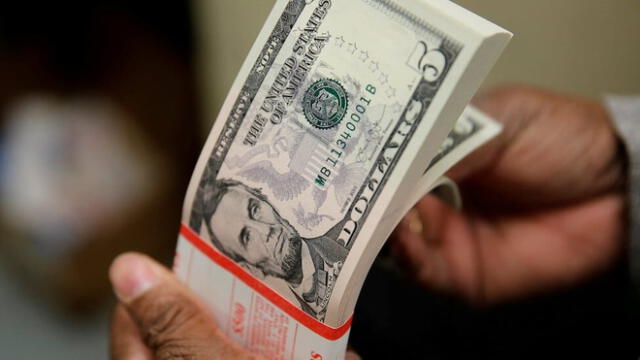New York minimum wage increase confirmed: New rates and effective date
Starting in 2024, New York’s wage hike aims to ease financial strain on workers while businesses adapt to higher costs. Will this move drive economic growth or spark new challenges?

New York workers will soon see a boost in their paychecks as the state government has confirmed an increase in the minimum wage. The measure aims to help employees keep up with the rising cost of living and maintain their purchasing power. Officials highlighted that the wage adjustment is part of a broader effort to support economic stability. Businesses will need to adapt to these new requirements while ensuring compliance with state labor laws. The wage hike reflects ongoing discussions about fair pay and economic growth.
New York’s minimum wage increase: Boosting worker pay and economic growth
Starting in 2024, the minimum wage in New York will rise to $16 per hour in New York City, Long Island, and Westchester. Meanwhile, the rest of the state will see an increase to $15 per hour. This adjustment is expected to provide financial relief to thousands of workers across various industries. Additionally, the government has outlined a plan for gradual increases in the coming years. These changes align with economic projections and inflation trends.
State officials emphasized that the wage increase will positively impact both employees and the local economy. Higher wages can lead to increased consumer spending, benefiting small businesses and strengthening economic activity. However, some business owners have expressed concerns about rising labor costs and potential price adjustments. Policymakers argue that wage growth is essential to reducing income inequality and ensuring a fair standard of living. The state will monitor the effects of the new policy to determine future adjustments.
New York Minimum Wage Increase: Impact on Workers and Businesses
The decision follows extensive debates among lawmakers, business leaders, and labor advocates. Supporters believe the raise is necessary to help workers keep pace with inflation and high living costs. Critics, however, warn that it could put pressure on small businesses and lead to job cuts. Despite differing opinions, the state remains committed to implementing the wage hike in a way that balances economic sustainability. Officials will continue to assess its impact and make modifications if needed.
New York’s wage increase is part of a broader national conversation about fair compensation and labor rights. Other states have also been reviewing their wage policies to address economic challenges. The adjustments in New York could set a precedent for similar measures across the country. As the new wage takes effect, both employees and employers will need to adapt to the changing labor landscape. The coming months will reveal the full impact of this policy on the state’s workforce and economy.












